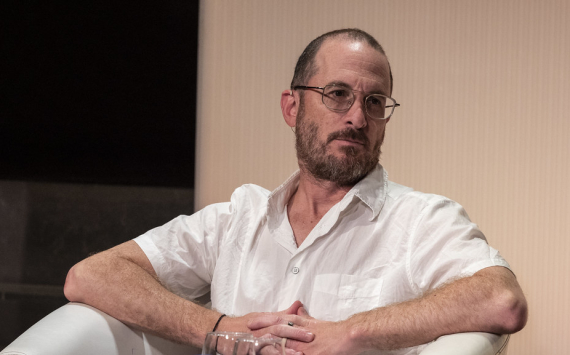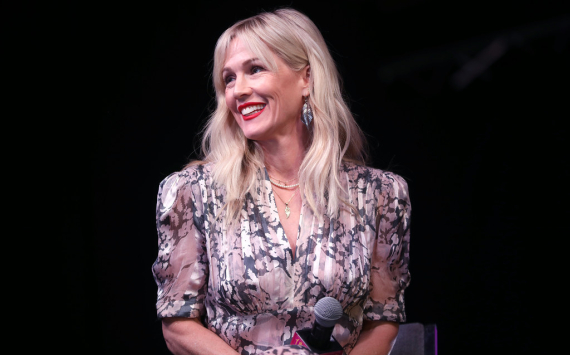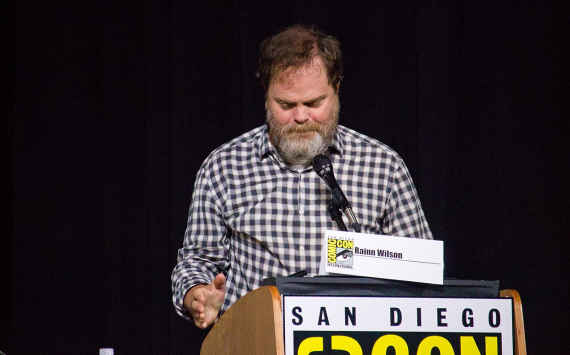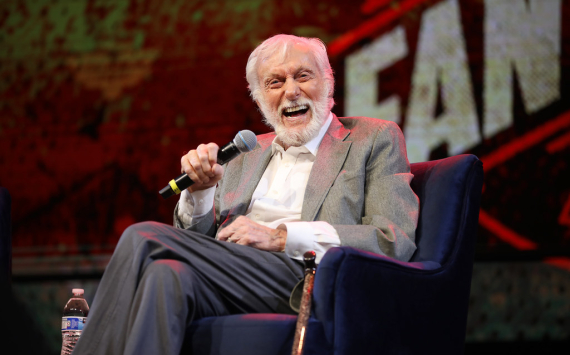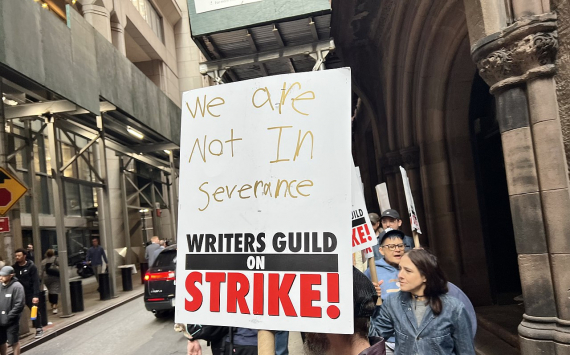
Netflix's Resilience and the Hollywood Revolution
Facing writers' and actors' strikes, Hollywood giants are revamping strategies and reaping rewards. A blend of higher subscription rates and foreign/classic content is a common playbook, driving robust earnings.
Netflix's Gain Amid Setbacks
Netflix anticipates an extra $1.5 billion in cash flow due to lower strike-driven content costs. Despite challenges, it added 6 million subscribers with a password sharing crackdown. To counter local content lags, Netflix focuses on global expansion with a chunk of its $17 billion content budget now dedicated to foreign language programming.
Disney, Warner Bros., and Comcast Shine
Disney's Q2 free cash flow leaps to $1.6 billion from $187 million, credited to Disney Park gains and trimmed production costs. Disney+ raises prices by 27% from Oct. 12. Warner Bros. Discovery pockets over $2 billion from operations, partly from the strikes. Comcast's cash flow climbs 7.9% to $3.4 billion despite Peacock's $651 million loss.
Paramount Cuts Costs, Strike Impact
Paramount Global slashes film expenses from $1.2 billion to $826 million. Strikes could hit studios for over $4 billion, warns Kevin Klowden of the Milken Institute.
Strikes' Course and Negotiations
Writers' Guild strike began in May, joined by Screen Actors' Guild in July. After 100+ days of strikes, negotiations resume soon, aiming to resolve disruptions.
In essence, Hollywood adapts, thrives amidst strikes, leveraging diverse strategies and global ambitions.
In conclusion, Hollywood studios are navigating the intricate challenges posed by writers' and actors' strikes through a combination of strategic adjustments. These adaptations are already yielding positive outcomes, as evidenced by their financial performances and subscriber growth. The industry's ability to innovate and evolve in the face of adversity remains a defining aspect of its resilience.








